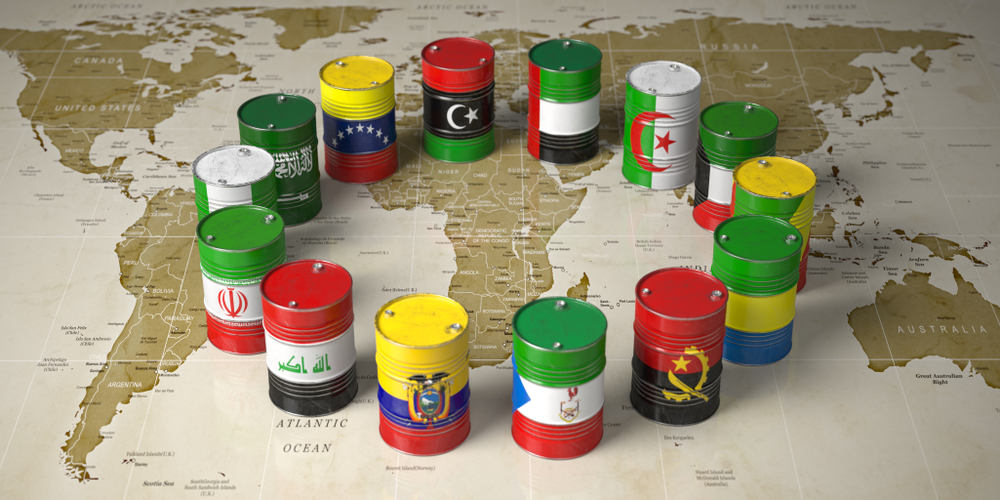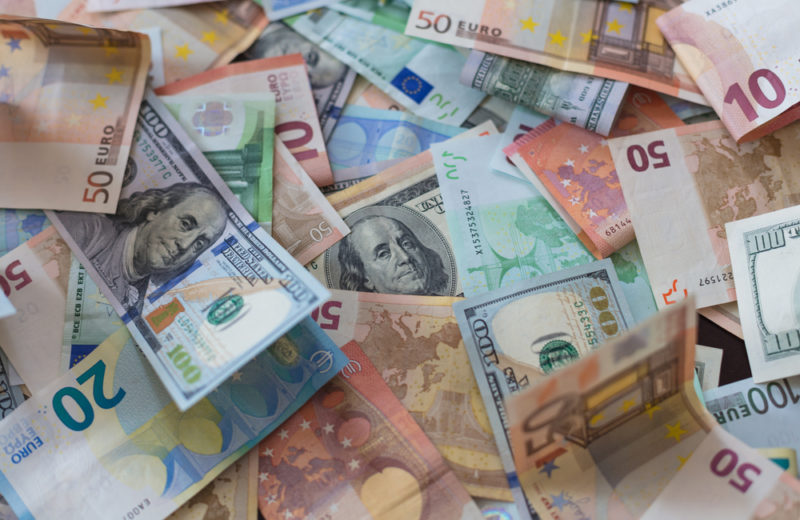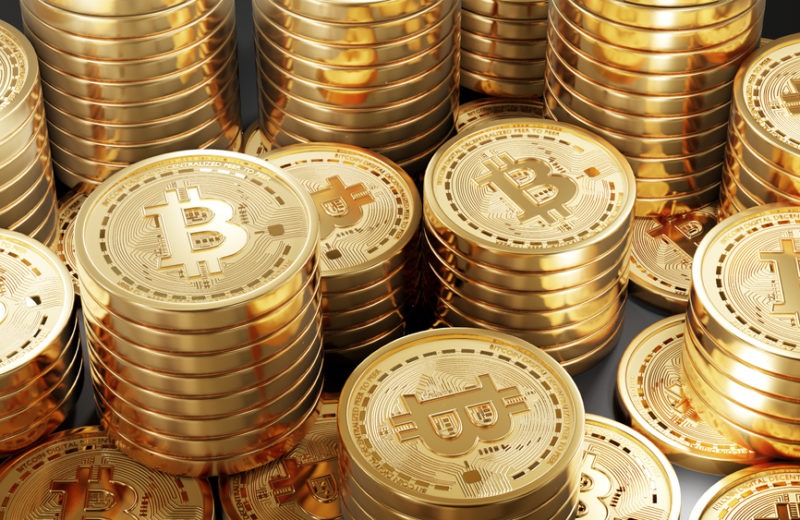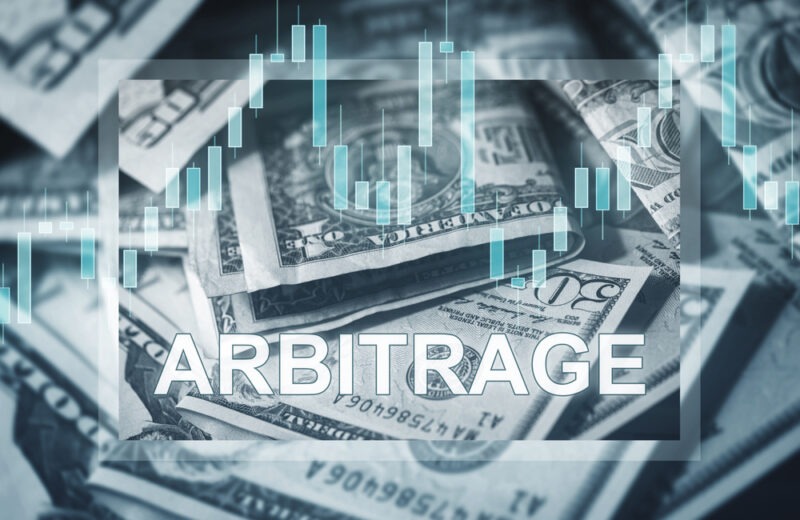Unexpected additional cuts to the OPEC+ group’s output objectives. As a result, it could send oil prices beyond $100 per barrel. That, however, would lay the stage for another conflict with the West. Which is already struggling with higher interest rates, analysts and traders said on Monday.
The agreement shows cooperation within OPEC+, despite Washington’s insistence on its Gulf allies severing their ties with Moscow. The agreement substantially undercuts Western efforts to restrict Russia’s oil revenues.
OPEC+ and their allies, including Russia, agreed to additional protection target cuts on Sunday. The cuts totaled approximately 1.6 million barrels daily from May through the rest of the year. Therefore, oil prices increased by more than six percent on Monday.
According to calculations by Reuters, the pledges will raise the overall volume of cutbacks made by the so-called OPEC+ since November to 3.66 million bpd, or 3.7% of global demand.
OPEC+ expects to maintain output this year after reducing it by two million bpd in November 2022.
Saudi Arabia claimed that its voluntary output reduction was a preventative step taken to help maintain market stability.
Cuts could worsen the oil market and drive up prices, leading to inflation
Aleksandr Novak, the deputy prime minister of Russia, claimed that one of the causes of the cuts was meddling with market dynamics.
According to the International Energy Agency, the cuts risk worsening a tense market. Besides, it would drive up oil prices amid pressures from inflation.
According to SEB analyst Bjarne Schieldrop, “the fresh cuts are supporting that the OPEC+ group is intact. Additionally, Russia is still an integral and important component of the group.”
According to Rystad Energy, the cuts will tighter the oil market and push prices beyond $100 per barrel for the remainder of the year, possibly pushing Brent as high as $110 this summer.
UBS anticipates that Brent will hit $100 by June, and Goldman Sachs increased its prediction for December by $5 to $95.
Strategic petroleum reserve (SPR) releases due to continuous strikes in the United States and France and Washington’s refusal to replenish its SPR in the 2023 fiscal year may have been the driving force behind the OPEC+ decision, according to Goldman.
According to Schieldrop, higher costs will mean more money for Russia to spend on its war in Ukraine. And, therefore, further deteriorating relations between the US and Saudi Arabia.
Although the rising oil prices will be bad news for the European Central Bank as it works to reduce inflation, they are not expected to change the outlook for policy at this time substantially.
















